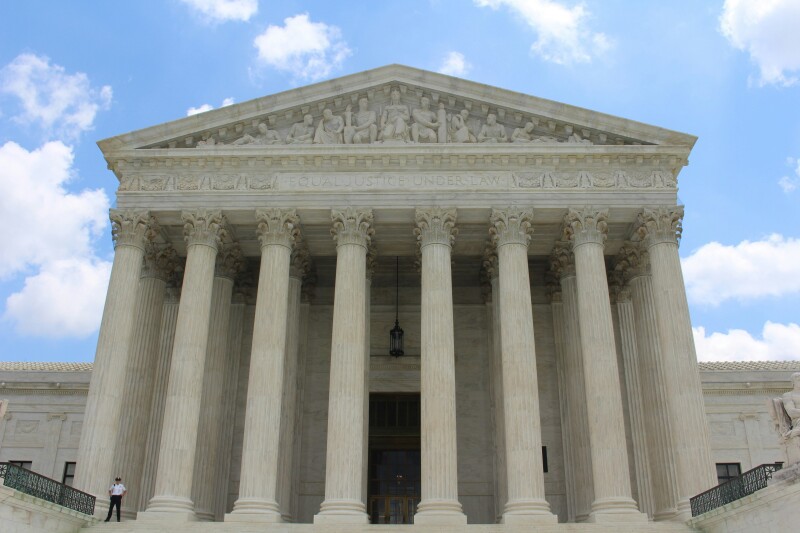When I was a MPA student at the University of Memphis, one of my required courses was Administrative Law. It was one of the most demanding graduate classes of my student career. I can still hear my professor’s voice asking me to defend if the cases we studied were “ruling making or adjudication” and justify my answer, and separate sentiments from the law.
The Administrative Law course taught me that court rulings cement policies established by the legislative branch and signed by an elected executive. I became a student, a follower of Supreme Court administrative law rulings, but could read and explain everything from city codes to bills to wills to custody case law. Hence my interest in the Loper Bright Enterprises v. Raimondo ruling. This article briefly outlines the history of the case and its impact on our field and the street-level bureaucrats we teach.







